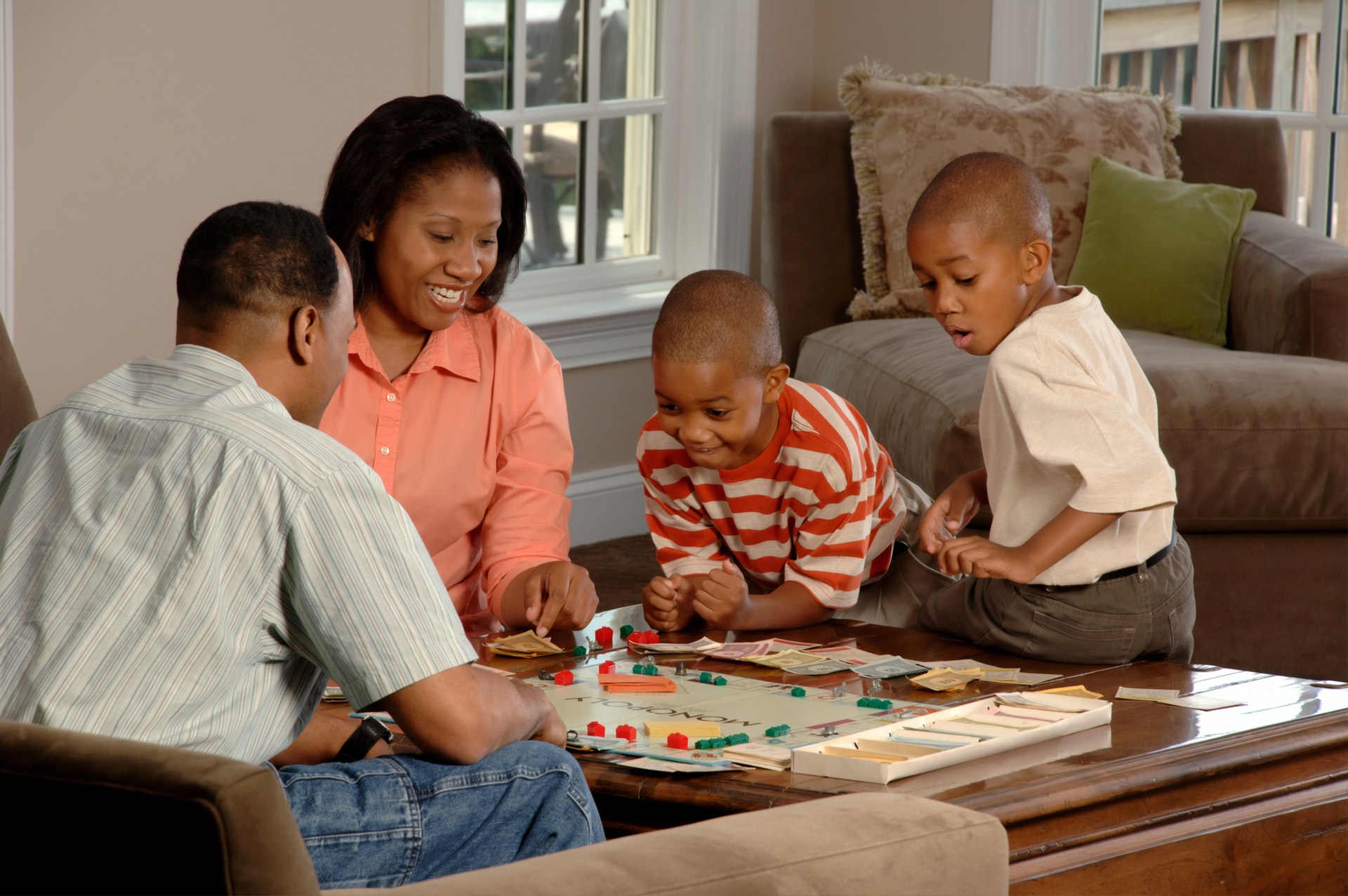Autism spectrum disorders (ASD) are defined by three main components/deficits. These are deficits in Communication (receptive/expressive speech and language delay), Behaviors (aka self-stimulatory behaviors or stimming) and Socialization. Communication: these individuals have difficulty with receptive and/or expressive language and speech and this is the reason that approximately 95% of individuals with an ASD initially present for an evaluation. Behaviors, aka self-stimulatory behaviors: these behaviors can be any behaviors that are bizarre in nature and can be quite varied. These behaviors may be, and are, frequently seen in typical (non-autistic) children as well but are usually not perseverative or repetitive in nature. The third component, and the most difficult to overcome, is socialization.

There are two main presentations of the social component of autism. The first is the typical autistic presentation. These are individuals that do not want and avoid social contact, become anxious and agitated in social situations and will frequently tantrum when social demands are placed on them, or on the contrary will exhibit a complete lack of interest and disconnect from their surroundings. The second presentation is what I call “the mayor.” These are individuals who want social contact, want friends and to socialize, want to belong and to integrate into society but do not know how to achieve doing so. They have great difficulty with social reciprocity, in understanding and responding to social cues and will frequently miss-perceive and misunderstand social situations and circumstances which leads to great frustration. In addition, if the individual’s speech/language delay is severe and their processing speed is slow, this further hinders their ability to socialize appropriately since they cannot verbalize themselves and others will frequently lack the patience or understanding to wait for them to do so. Individuals on the autism spectrum frequently have a very poor “theory of mind” and therefore have great difficulty understanding that others may think differently than they do. They tend to be very concrete and have great difficulty with abstract thought. They frequently see the world as black and white with no shades of grey.
To overcome their social difficulties, regardless of where the child is on the autism spectrum, it is highly recommended that behavioral modification and social interaction be heavily integrated into the child’s life as early as possible and that the social piece be integrated into any and all behavioral plans. This is a dynamic and developmental process and needs to be maintained throughout the child’s life, taking into consideration where the child is physically, cognitively, emotionally and socially. As the child progresses throughout childhood into adolescence, the social demands and issues will change dramatically and so should the social interaction of the individual. The social intervention should also change in accordance. Play dates, after-school activities with other children and social skills groups are highly recommended to address these issues. The younger the child is when the social piece is addressed and the more pro-active the parent is in addressing the social difficulty, the greater the positive impact will be on the child’s life and this will carry over into adolescence and into adulthood.
When treating autism and autism spectrum disorders, no matter what modality or approach is used, a solid and dynamic socialization should and must be integrated and implemented into the plan. This is crucial for the individual to meet their full potential, develop appropriate, nurturing and positive relationships and with the ultimate goal of the individual leading an independent, productive and happy life.
Zvi S. Weisstuch, MD, MA is an Assistant Professor of Child and Adolescent Psychiatry and Pediatrics Affiliated with the Mount Sinai School of Medicine and Mount Sinai Medical Center, New York, NY He can be reached at tripleboardmd@gmail.com






[…] they head back to school and other activities. We know how important it is for autistic children to practice social skills – it’s something we work on every day in our clinics. They need to know how […]
[…] https://autismspectrumnews.org/the-importance-of-socialization-for-individuals-with-autism-spectrum-… […]
[…] and community activities that a child can join can open up the door to lots of opportunities for socialization for individuals with ASD. The more a child with autism practices their communication skills, the more confident they will […]